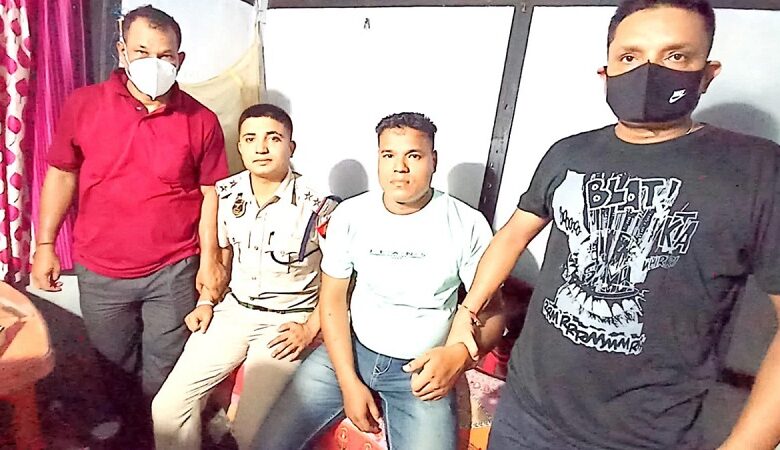
In a significant turn of events, the Gauhati High Court, on August 11, delivered a verdict acquitting all individuals implicated in the Rs 1,000 crore North Cachar Hills scam. The ruling reverberates as former militants turned politicians, including Jewel Garlosa, Niranjan Hojai, and ex-chief executive member of North Cachar Hills Autonomous Council (NCHAC) Mohit Hojai, along with others, were absolved of the charges that had resulted in their incarceration.
Previously, these individuals found themselves behind bars in Guwahati Central Jail, following a 2017 ruling by a special court under the National Investigation Agency (NIA), which sentenced them to life imprisonment in two separate cases. Notably, another accused, former in-charge Deputy Director of NC Hills and ex-Social Welfare Department’s CDPO, Md Redaul Hussain Khan, had also faced charges in connection with the scam. Khan, who had already spent 12 years in jail, was granted bail while his case was under consideration.
The High Court’s acquittal of the accused is anchored in its assessment that the investigative efforts conducted in connection with the case were deemed subpar. This decision has garnered attention due to its potential implications on justice delivery and the fight against corruption.
In tandem with the acquittal, the Gauhati High Court also extended reprieve to twelve other individuals who had previously been sentenced to prison terms ranging from eight to thirteen years in connection with the multi-crore scandal.
At the heart of the case, Khan’s arrest stemmed from allegations of him being part of a criminal conspiracy, where he purportedly leveraged his official position within the Social Welfare Department and Deputy Director’s role at NC Hills to misappropriate government funds. The purported misappropriation allegedly amounted to a staggering Rs 17,24,17,200, funnelled away from various development schemes of the Agriculture Department in NC Hills.
The NIA’s indictment outlined a narrative where the convicted parties allegedly diverted funds from multiple government departments between 2006 and 2009. The funds, originally designated for developmental purposes, were reportedly siphoned off for unauthorized use. Shockingly, the investigation also revealed that a significant portion of these embezzled funds ended up in the coffers of the DHD-J, a militant group, to facilitate the acquisition of arms and ammunition for their anti-India activities.
The acquittal has sparked both elation and controversy. Advocates of the acquitted individuals view the verdict as a validation of their clients’ claims of innocence and a triumph of justice. However, critics have expressed concerns over the perceived inadequacies in the investigative process that led to this outcome.
The case shines a spotlight on the nuanced and often complex nature of legal proceedings, especially those involving financial malfeasance and corruption. The verdict prompts questions about the efficacy of the initial investigation and whether the evidence presented was sufficient to support the convictions that were later overturned.
News Mania Desk / Agnibeena Ghosh 13th August 2023
PM Modi Defends Govt in No-Confidence Motion, Assures Manipur of Support






